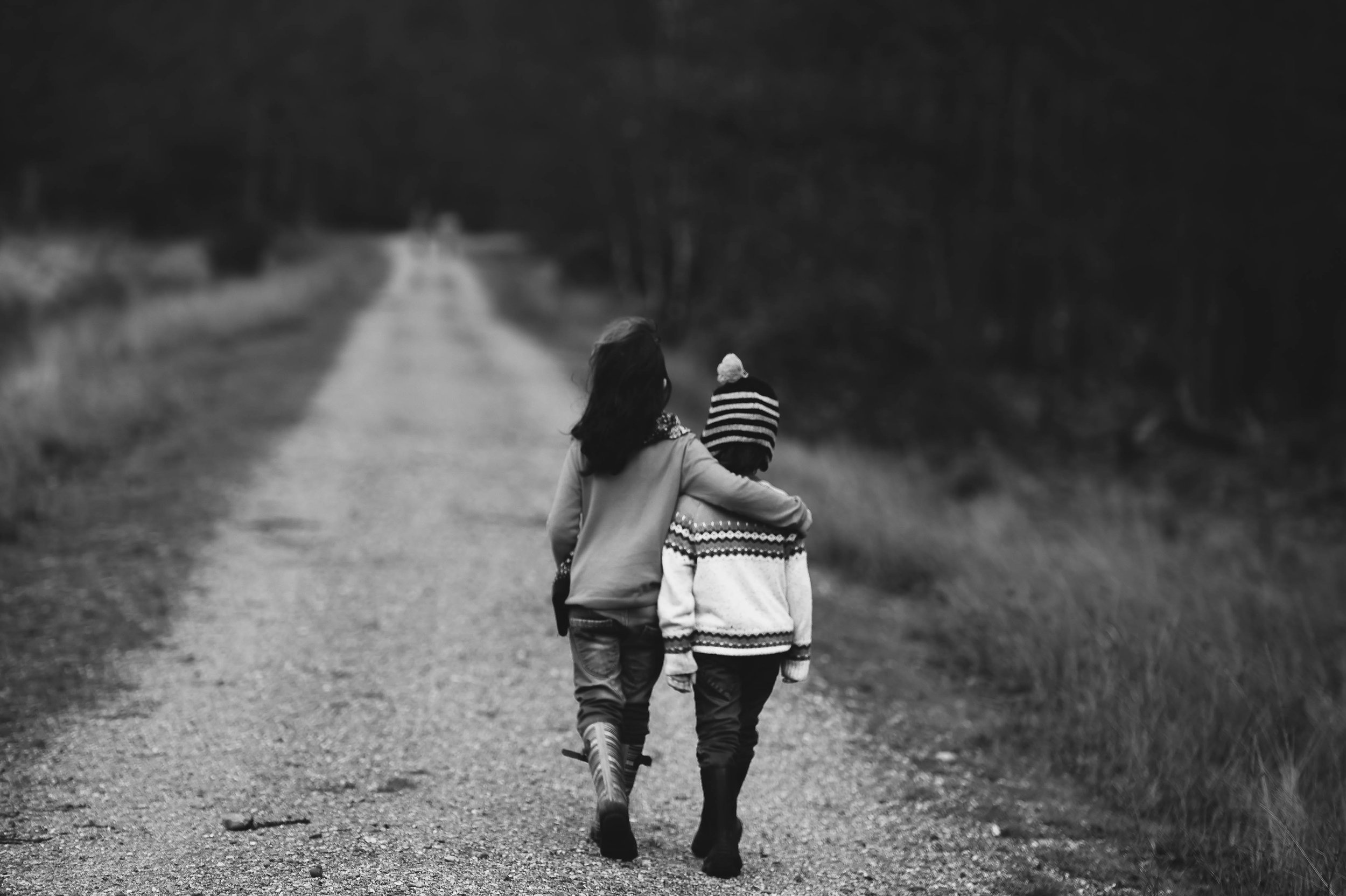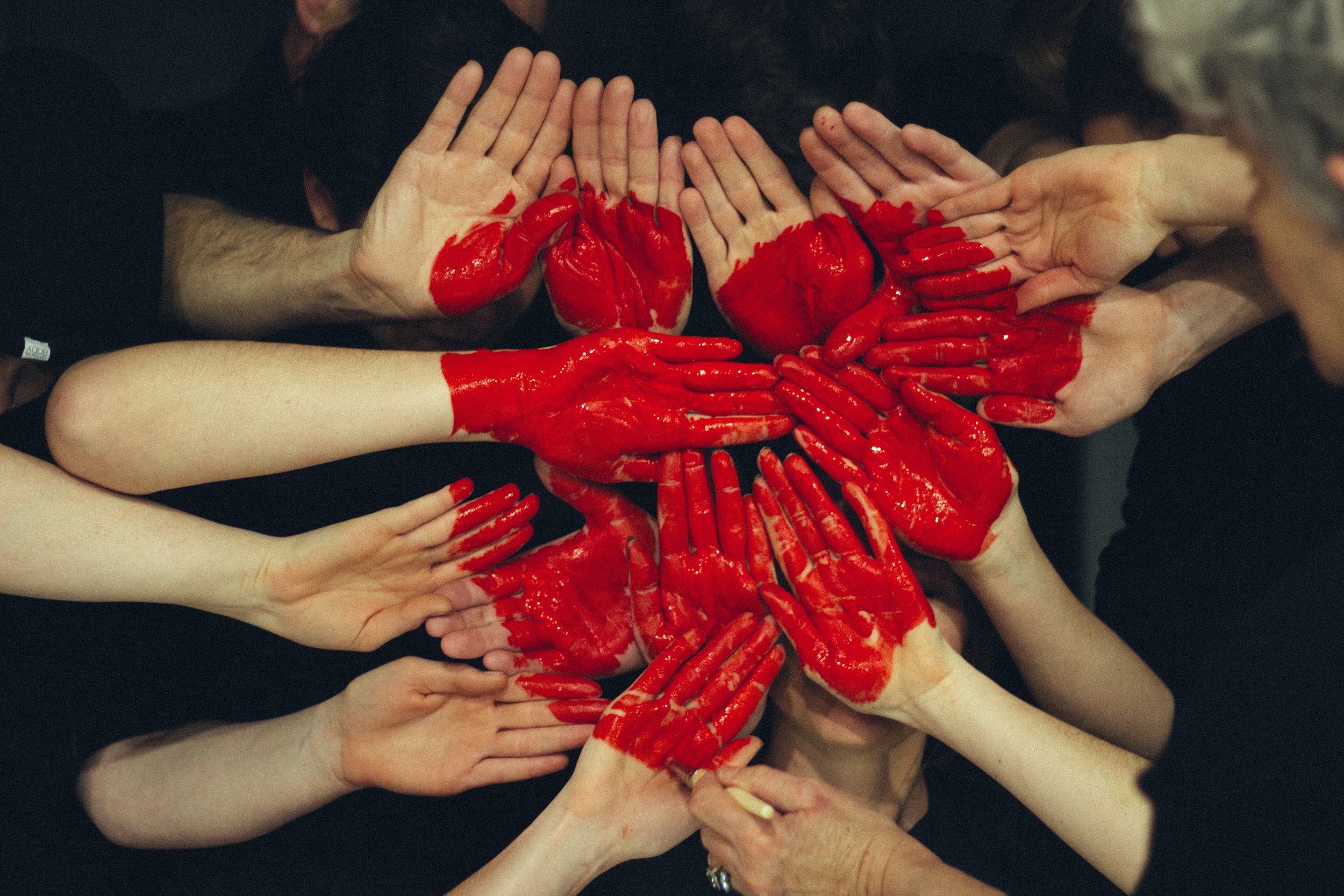
Trauma Impacts Everyone
Through education, awareness, and community involvement, RESILIENT MARIN transforms lives.
“Trauma is perhaps the most avoided, ignored, belittled, denied, misunderstood and untreated cause of human suffering.”
-Peter Levine
RESILIENT MARIN:
Transforming trauma into opportunities for all youth and young adults
Resilient Marin was started by parents and professionals concerned about the impact of childhood trauma on our youth and our community. Childhood trauma occurs in many ways – abuse, neglect, parental substance use, loss of a parent, divorce, separation due to immigration, and other adverse experiences.
When a child experiences repeated or extreme trauma it can affect them for the rest of their lives, leading to school failure, substance use, involvement in the justice system, and other outcomes.
Unresolved trauma affects the whole community.
Did you know that Childhood Trauma affects half of American children?

“As the ACEs study has shown, child abuse and neglect is the single most preventable cause of mental illness, the single most common cause of drug and alcohol abuse, and a significant contributor to leading causes of death such as diabetes, heart disease, cancer, stroke, and suicide.”
~ Bessel A. van der Kolk, The Body Keeps the Score: Brain, Mind and Body in the Healing of Trauma

EARLY INTERVENTION CHANGES LIVES
-

Reduce Heart Disease
Decrease the risk of HEART DISEASE by as much as 13% through Trauma-Informed Care.
-

Reduce Depression
Preventing ACEs could reduce the number of adults with depression by as much as 44%
-

Increase Life Expectancy
At least 5 of the Top Ten leading causes of death are associated with ACEs: Prevention strategies not only serve the individual but may reduce costs for society.
-

Females and BIPOC
Addressing the Intergenerational Transmission of Trauma in Females and several Racial/Ethnic Minority groups who are at a greater risk of experiencing 4 or more ACEs.

RESILIENT MARIN
-

AWARENESS
Increase awareness about Positive and Adverse Childhood Experiences (PACEs) and intergenerational trauma.
-

IMPACT
Aid the community in understanding the impacts of PACEs on mental health, physical health, substance use, school performance, and justice system involvement.
-

TRAUMA INFORMED CARE AND RESILIENCY
Collaborate with agencies serving youth and young adults to implement effective practices across systems.
-

ADVOCACY
Coalition-building, advocacy, and policy-making on local, regional, and national level.
“Trauma is an invisible force that shapes our lives. It shapes the way we live, the way we make love, and the way we make sense of the world. It is the root of our deepest wounds.”
~ Gabor Maté
We want to hear from you! Share your thoughts and any questions you have about building Trauma-Informed communities.

